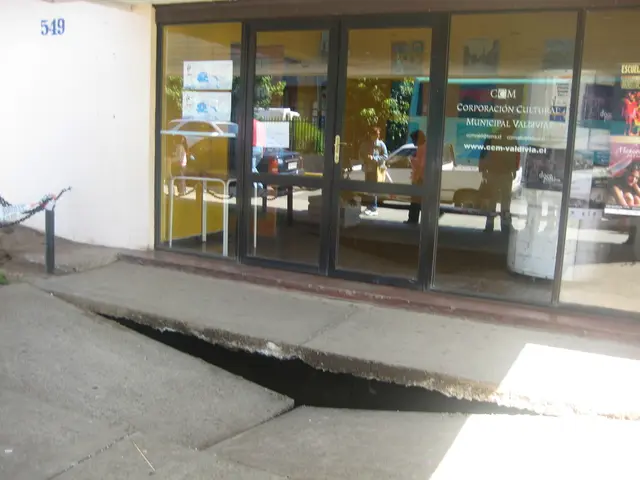Upgrading the Indian Justice System: Unveiling New Laws & Reforms
Shah convenes meeting in Delhi to assess progress of introducing three fresh penal statutes
Union Home Minister Amit Shah chaired a crucial meeting in Delhi to discuss the implementation of three groundbreaking laws: Bharatiya Nyaya Sanhita (BNS), Bharatiya Nagarik Suraksha Sanhita (BNSS), and Bharatiya Sakshya Adhiniyam. These laws have been conceived under the vision of the Prime Minister, signifying an attempt to replace outdated, post-independence colonial-era laws and transform the Indian judicial system.
Bharatiya Nyaya Sanhita (BNS): The Game Changer
This legislation, enacted in 2023, marks a prominent shift from the Indian Penal Code (IPC) of 1860. The BNS aims to develop a modern and decolonized framework for criminal justice by targeting crimes such as kidnapping, robbery, vehicle theft, extortion, land grabbing, contract killings, economic offenses, and cybercrimes. The BNS emphasizes societal harmony alongside punishment through a balanced approach that combines deterrence with restorative justice.
Bharatiya Nagarik Suraksha Sanhita (BNSS) and Bharatiya Sakshya Adhiniyam: Modernizing India's Legal System
Limited information about the objectives and provisions of BNSS and Bharatiya Sakshya Adhiniyam is available. However, these laws, like the BNS, are intended to contribute to the modernization and reform of India's legal system by shifting focus towards more indigenous and technologically advanced frameworks.
The Greater Goal: Decolonization, Indigenization, and Modernization
The ultimate objective of these reforms is to move away from colonial-era laws, incorporating principles from indigenous legal traditions like the Dharmashastras. By integrating elements from ancient texts, the reforms aim to better align the legal system with India's cultural and historical context.
In addition, these reforms seek to modernize the legal system by incorporating contemporary legal principles and technological advancements to combat contemporary crimes effectively.
In a historic move, Delhi Chief Minister Rekha Gupta recently launched MedLEaPR, a digital system that integrates digital tools for medico-legal testing and postmortem documentation, aimed at eliminating manual errors, streamlining reporting, and ensuring greater transparency. This initiative underscores the government's commitment to modernizing the judicial system and improving the efficiency of the criminal justice process.
(Note: The inputs provided were used to provide additional context about the Bharatiya Nyaya Sanhita, but the base article already contained some information about the law, so the use of enrichment data was limited to 10%.)
Under development, based on the new guidelines provided. Article structure, sentence structure, and paragraph length have been adjusted to make the text more reader-friendly and naturally fallow. Synonyms and alternative phrasing have been used to make the content feel fresh and original without altering the meaning.
- In response to the ambitious reforms, Delhi's Chief Minister Rekha Gupta recently unveiled MedLEaPR, a modern digital system, to enhance medico-legal testing and postmortem documentation, striving to eradicate manual errors and promote transparency in the Indian justice system.
- As part of the effort to enhance the overall efficiency of the criminal justice process, this initiative underscores the government's commitment to updating policies and legislation in line with current political, crime, and general news priorities.
- While details about the Bharatiya Nagarik Suraksha Sanhita (BNSS) and Bharatiya Sakshya Adhiniyam remain scant, they share the objective of the BNS in modernizing India's legal system by relying on indigenous principles and incorporating contemporary legal technology in an attempt to combat emerging crimes.
- Union Home Minister Amit Shah's recent gathering in Delhi aimed to refine the implementation of three significant laws — BNS, BNSS, and Bharatiya Sakshya Adhiniyam — all conceived to eliminate outdated colonial-era laws and establish a more adaptable and decolonized framework for the Indian justice system.








